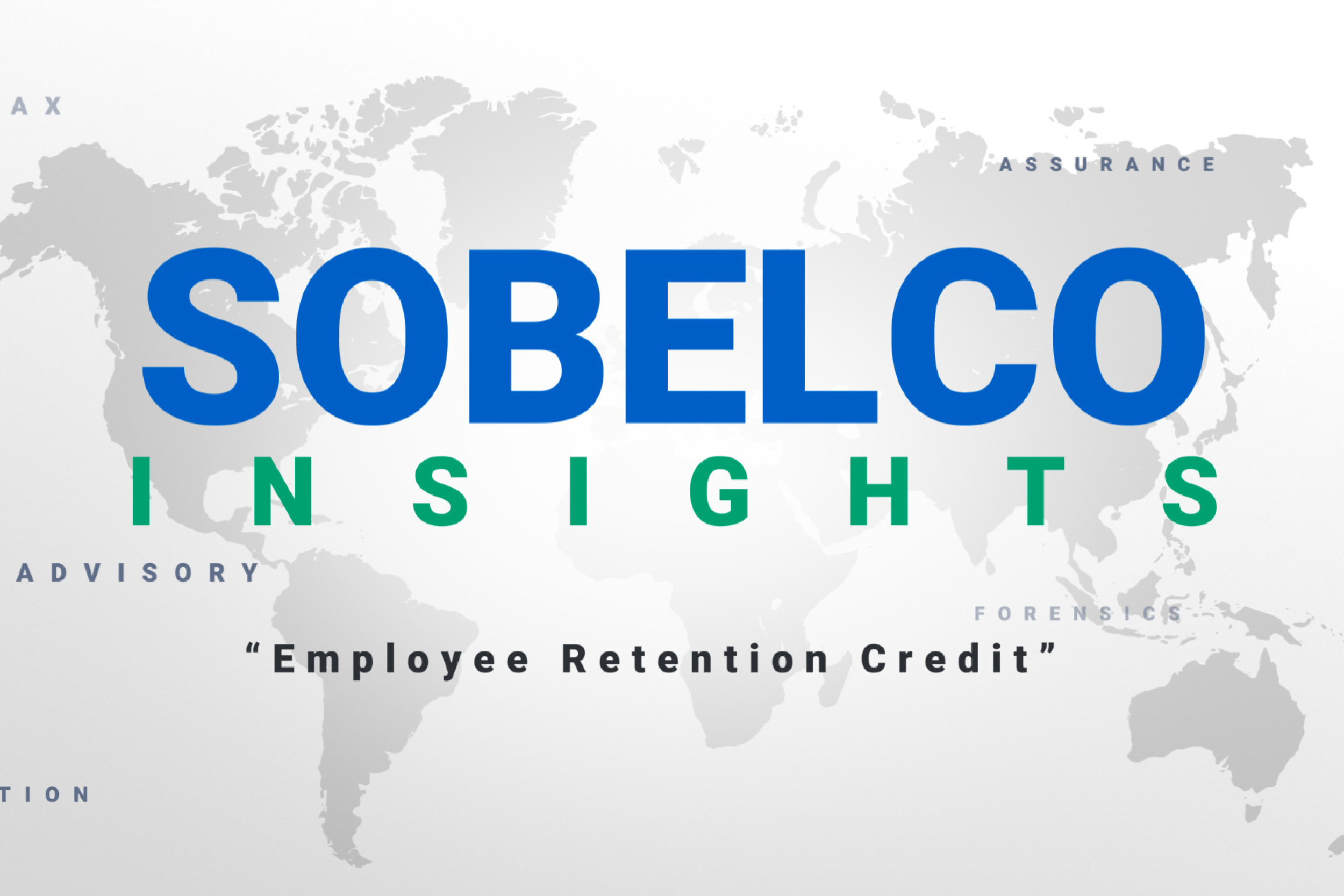
As business owners, you have probably heard the term ‘financial statement fraud’ but you may not understand exactly what it is, how it is committed and detected, and importantly, what the impact of financial statement fraud can be on the company, its customers and its vendors once it is discovered!
Let’s start with the definition.
Simply put, financial statement fraud is the result of deliberate misrepresentation, misstatement or omission of a company’s financial data which is carried out for the purpose of creating a false or misleading impression of an organization’s real financial situation. The fraud is carried out by falsifying balance sheets, income statements and cash-flow statements to create an inaccurate picture of the company’s financial health. When a company is experiencing financial challenges, but must demonstrate financial soundness to the outside world, it might be tempting to falsify the records to paint a brighter picture and reassure the community that ‘all is well. Sadly, if the company is facing significant obstacles, rewriting history will not change the facts!
For example, an owner or senior leader may capitulate and resort to illegal and unethical behavior if the company is being out-performed by competitors, or has lenders and investors who are expecting them to demonstrate greater profitability than is occurring. Management and owners are in a position to be able to adjust the records and disguise the company’s true financial condition. Warning signs may pop up when employees or employers are living beyond their means, perhaps buying expensive cars or taking lavish vacations. Other signs may be attributed to the stress of employees who are facing life style changes such as escalating college tuition, a major illness in the family or a divorce.
How is this accomplished?
Owners, managers, and anyone in a leadership role, as well as administrative assistants and those in the company’s financial department, may have access to the books and records. It is not hard to manipulate accounts receivable, inventory, or expenses, and revenue recognition is an especially vulnerable area when it comes to committing financial statement fraud.
What is early revenue recognition and how is it perpetrated?
One of the more common tactics utilized, this involves recording revenue before it should be recognized in order to create a distorted perspective of the company’s profits. Since investors, lenders, senior leaders, vendors and the business community measure a company’s worth and sustainability in part by its profits, anything that is misleading can have a major impact on everyone concerned.
There are many ways that revenue can be fraudulently recorded to give the wrong impression, such as:
- Delaying the closing of the current month’s records beyond the last day of the accounting period. This shifts future sales to the current period, thus inflating the numbers to make it appear as if the current sales period was more successful than it actually was.
- Back date agreements. By simply altering the date of the sale on an invoice, the company creates an inaccurate impression of sales activities.
- Deliver merchandise early. By employing this initiative, the product is recorded prematurely as a sale at the time of the shipment, though it might actually be returned by the customer at a later date. Sending it in advance is again, misleading and dishonest, because it reinforces the impression that there is a steady stream of current sales taking place when in actuality, that may not be the situation at all.
How is early revenue recognition detected?
Forensic Accountants and Certified Fraud Examiners are two types of professionals who have the expertise to focus on the financial statements and financial records of a company or individual, as well as focusing on the prevention, detection and deterrence of financial and non-financial fraud.
SobelCo’s Forensic and Valuation Services team consists of seasoned professionals who specialize in these types of engagements. They are skilled at uncovering the red flags that can signal financial statement fraud, including early revenue recognition.
Prevention is the first line of defense. Education and the implementation of strong internal controls can minimize opportunities for fraud and assist with early detection, which both ultimately help a company maintain a healthy financial reputation.
There can never be a good outcome when dishonesty leads to fraudulent behavior. No matter how dire the circumstances may seem, ‘cooking the books’ is never the right choice. The financial demise of the company, once uncovered, typically results in scandal and deep distrust of the company and the individual perpetrators. Ultimately this behavior creates negative implications that may be difficult, if not impossible, to reverse.


